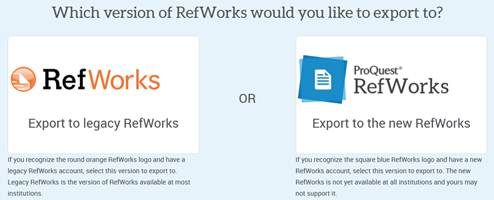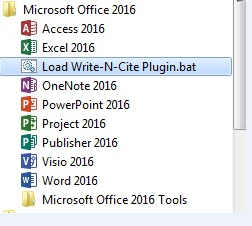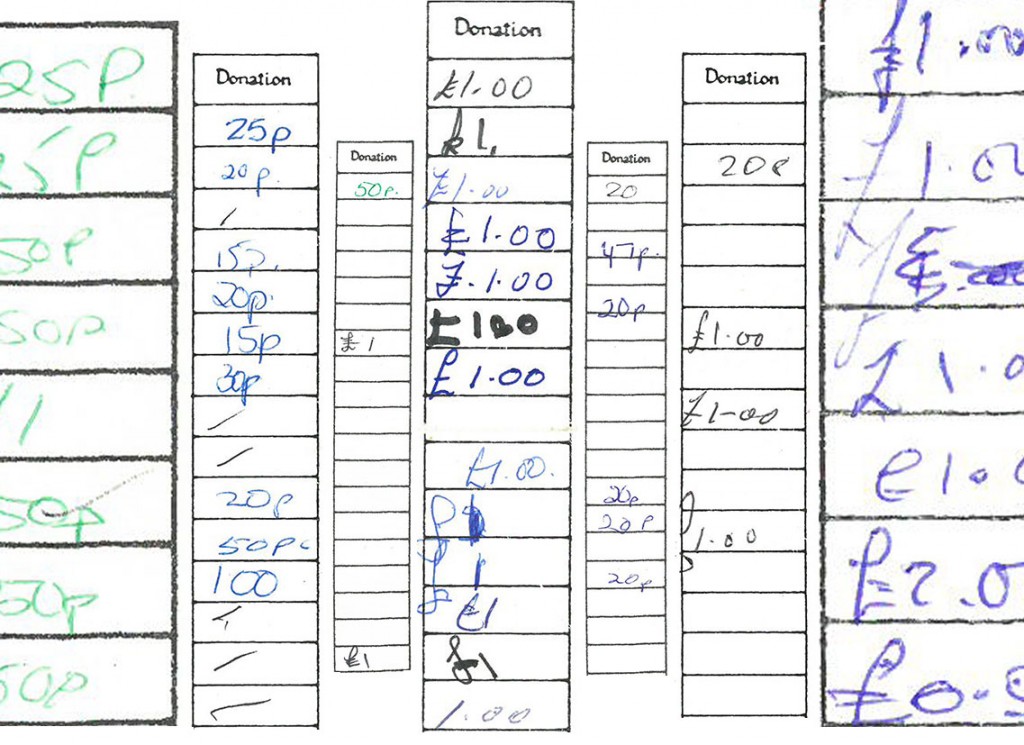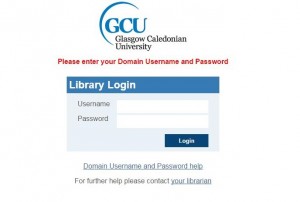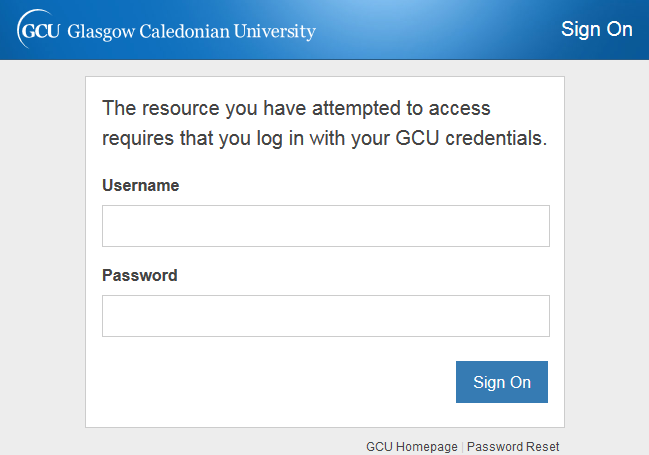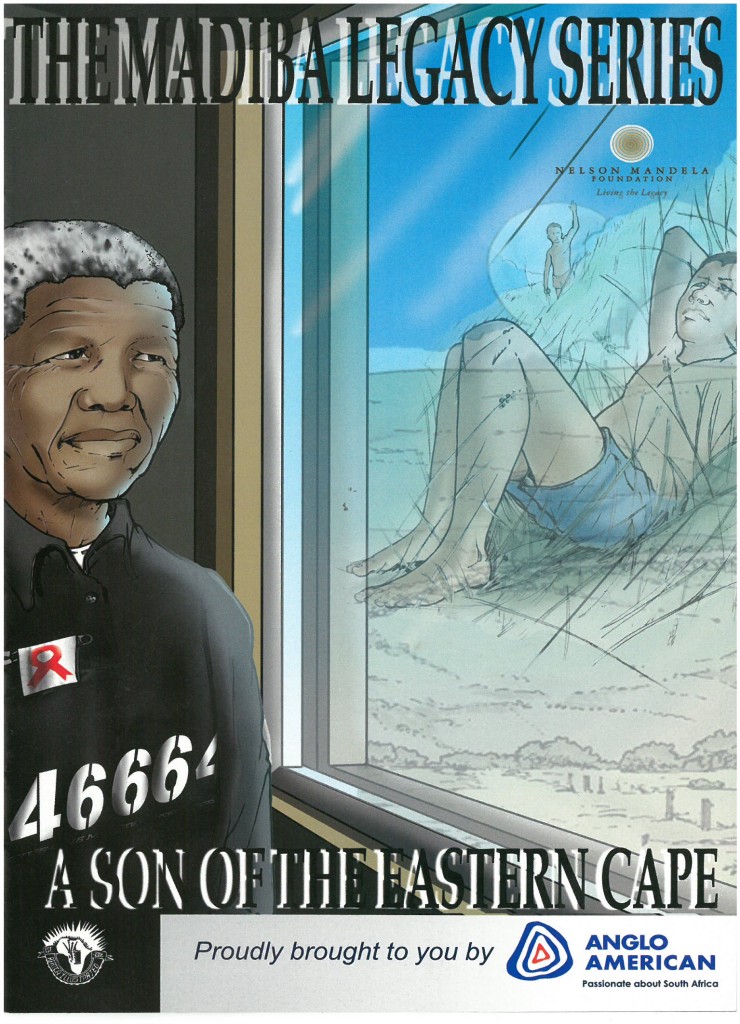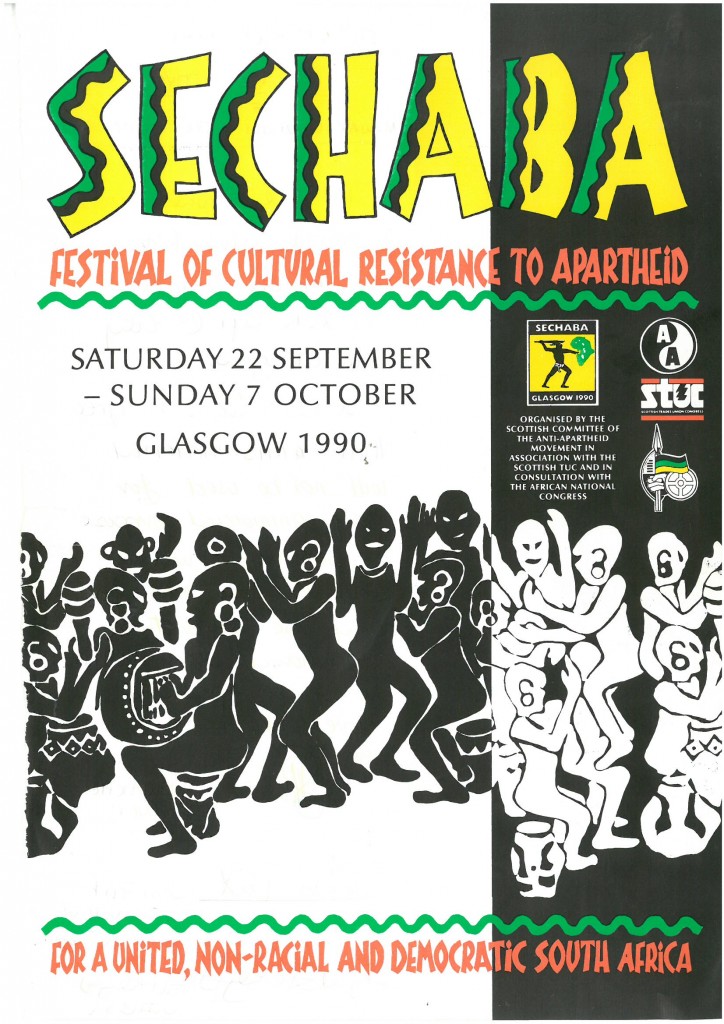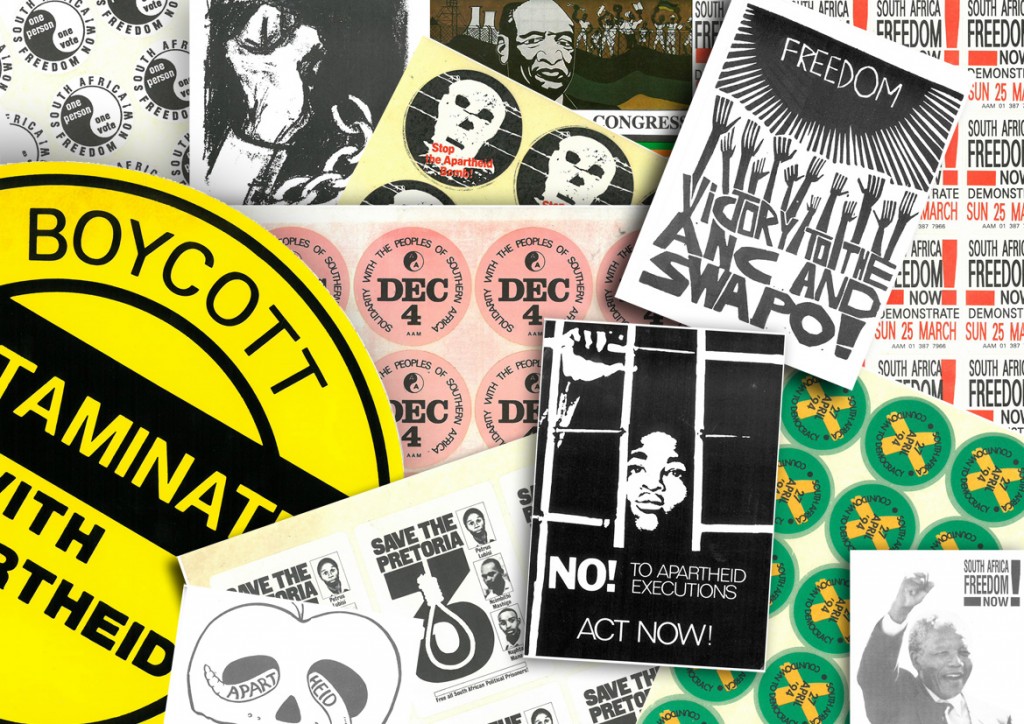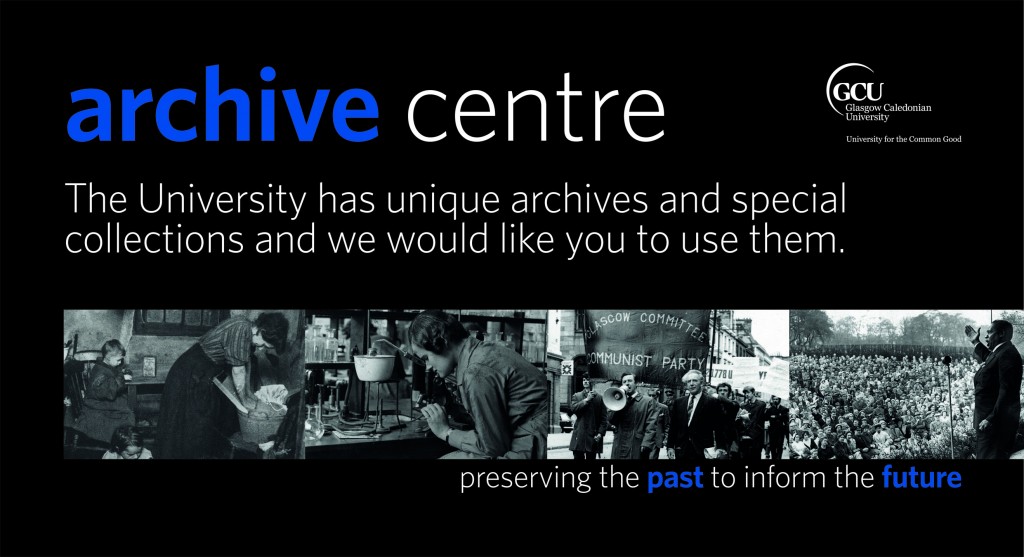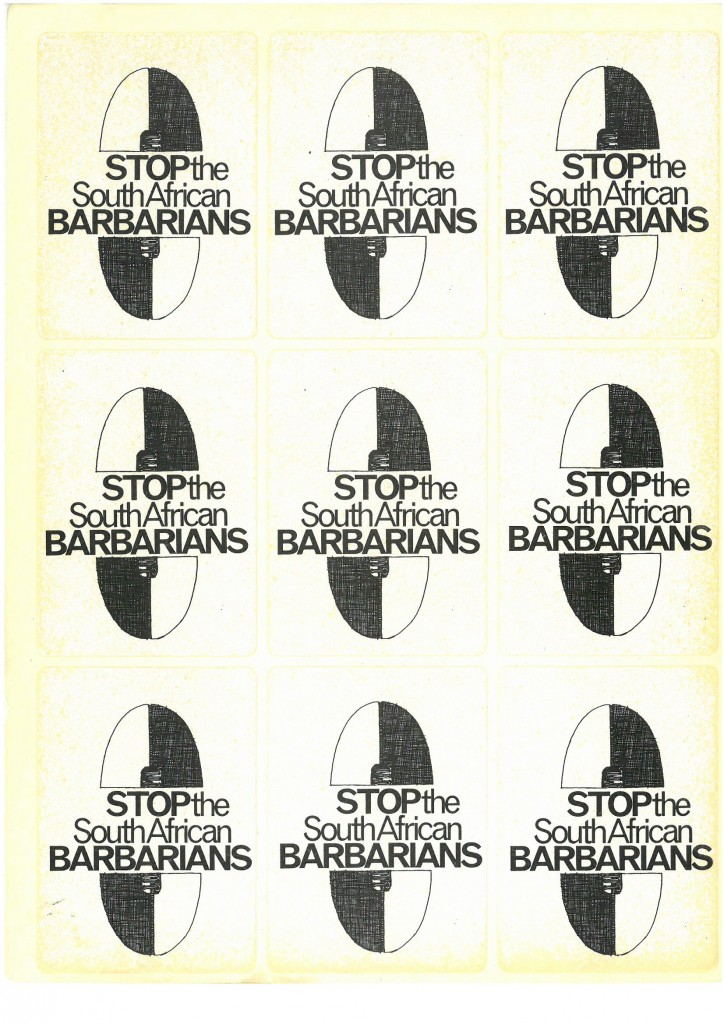 Sport is something that I have always enjoyed, but with a passing, casual interest. Some people would probably struggle to see the activities that I enjoy participating in, or watching, as sport, especially the manner in which I do them. To me being outside enjoying the scenery in a leisurely manner, in woods, on lochs, and up hills and mountains, is the closest I get to keeping active.
Sport is something that I have always enjoyed, but with a passing, casual interest. Some people would probably struggle to see the activities that I enjoy participating in, or watching, as sport, especially the manner in which I do them. To me being outside enjoying the scenery in a leisurely manner, in woods, on lochs, and up hills and mountains, is the closest I get to keeping active.
The intense competition and fandom that is often prevalent in sport is something that I have often struggled to comprehend. Coming from an English/Scottish background, and spending most of my adult life in Glasgow, the rivalries I have observed between nations and religions has often left me disenchanted. The excuse that certain behaviors, whether words, or actions, are acceptable when committed due to the passionate love of a sports team leave me cold.
However, over the past few years I have begun to understand the value of sport as an incredible social currency. A love of sport, whether playing or watching, can break down barriers put up by differences in gender, age, background, race, nationality and religion. It has an amazing power to unite and create opportunity. GCU hosting The Homeless World Cup earlier this year was a perfect example of the positive effect that sport can have on many people’s lives.
